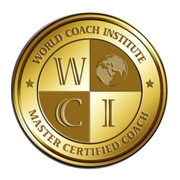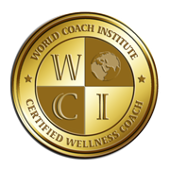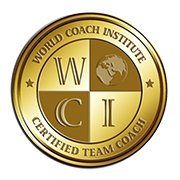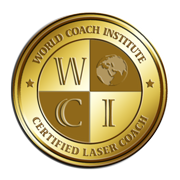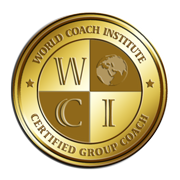Nurturing the Mind-Body Connection
Restoring Balance in a Modern Sedentary Lifestyle

In today's fast-paced world, where technology reigns supreme and sedentary lifestyles have become the norm, it is crucial to recognize the significance of the mind-body connection. This intricate relationship between our mental and physical well-being holds the key to achieving optimal health and wellness. In this blog post, we will delve into the concept of the mind-body connection, explore how our modern sedentary lifestyle has disrupted this delicate balance, and discuss the importance of finding personalized approaches to nurture this connection. Additionally, we will highlight how the four pillars of optimal health - fitness, nutrition, attitude, and environment - play a vital role in supporting the mind-body connection and how we can begin to live congruently in our lives.
To be congruent in your life means to align your thoughts, actions, and behaviors with your values, beliefs, and goals. It involves living in harmony with your true self and being authentic in your choices and decisions. When you are congruent, there is a sense of consistency, integrity, and wholeness in how you live your life. It means that you are being true to yourself and living in accordance with what truly matters to you.
Understanding the Mind-Body Connection
The mind-body connection is a holistic approach that acknowledges the interdependence of our thoughts, emotions, beliefs, and physical health. It recognizes that our mental state can influence our physical well-being and vice versa. When we experience stress, anxiety, or negative emotions, our bodies respond with physiological changes, such as increased heart rate, muscle tension, and compromised immune function. Conversely, engaging in physical activities and adopting healthy habits can positively impact our mental well-being, promoting relaxation, improved mood, and overall vitality.
The Disruption of Balance in a Sedentary Lifestyle
A sedentary lifestyle is characterized by long hours spent sitting with minimal physical activity. This delicate balance between the mind and body is often disrupted in this state of being inactive. It is the prolonged sitting and lack of movement that can lead to various health issues, including obesity, cardiovascular diseases, musculoskeletal problems, and mental health disorders. Additionally, excessive screen time and constant exposure to digital devices can contribute to mental fatigue, decreased focus, and disrupted sleep patterns. This disruption further highlights the need to prioritize the mind-body connection and restore balance in our lives.
To restore this balance and promote optimal health, we can turn to the Four Pillars of Optimal Health. These pillars, which are described below provide a framework for nurturing the mind-body connection and instilling wellness practices into our lives. By incorporating these pillars into our daily routines, we can enhance our physical vitality, improve mental clarity, and foster a harmonious mind-body connection.
The Four Pillars of Optimal Health and the Mind-Body Connection
A. Fitness:
Regular physical activity is a cornerstone of nurturing the mind-body connection. Engaging in exercise not only improves physical fitness but also boosts mood, reduces stress, and enhances cognitive function. Incorporating a variety of activities, such as cardiovascular exercises, strength training, and flexibility exercises, can promote overall well-being and support the mind and body.
B. Nutrition:
Proper nutrition plays a vital role in maintaining the mind-body connection. A well-balanced diet rich in fruits, vegetables, whole grains, lean proteins, and healthy fats provides the necessary nutrients for optimal brain function and physical health. By fueling our bodies with nutritious foods, we support mental clarity, emotional stability, and physical vitality, enhancing the our overall health and wellness.
C. Attitude:
Our attitude and mindset significantly influence the mind-body connection. Cultivating a positive attitude, practicing self-compassion, and nurturing emotional well-being contribute to a healthy mind-body balance, where positive thoughts and beliefs can reduce stress, enhance resilience, and promote overall well-being. Incorporating mindfulness practices like yoga or meditation, practicing gratitude exercises, and integrating positive affirmations, we can foster a more positive attitude and strengthen our internal and external selves.
D. Environment:
Our environment plays a crucial role in supporting the mind-body connection, too. Creating a supportive and nurturing physical environment can positively impact our mental and physical well-being. Also, surrounding ourselves with nature, decluttering our living spaces, and incorporating elements of relaxation, such as soothing colors and aromatherapy, can create a harmonious environment that supports our minds and body. Finally, who we surround ourselves with can lead to a negative or positive lifestyle. We are the average of the 3-5 people we most often hang out with. If there is someone in your life contributing toxic energy, you may need to let that person go…this includes family.
Embracing a Personalized Approach to Wellness
One size does not fit all when it comes to nurturing the mind-body connection and the four pillars of optimal health. Each individual is unique, with different preferences, needs, and circumstances. Therefore, it is essential to embrace a personalized approach to wellness that works best for you. This involves exploring various activities and routines that align with your interests, values, and goals. Whether it's practicing yoga, engaging in mindful meditation, participating in outdoor activities, or pursuing creative outlets, finding activities that bring you joy and promote a sense of well-being is crucial.
Cultivating Mindfulness and Self-Awareness
A key aspect of nurturing the mind and body is cultivating mindfulness and self-awareness. Mindfulness involves being fully present in the moment, observing our thoughts and emotions without judgment. By practicing mindfulness, we can develop a deeper understanding of our mind-body connection, recognize how our thoughts and emotions impact our physical sensations, and make conscious choices to promote balance and well-being. Self-awareness allows us to identify our triggers, stressors, and areas of imbalance, empowering us to take proactive steps towards restoring harmony.
Integrating Mind-Body Practices into Daily Life
To restore and maintain the mind-body connection, it is essential to integrate mind-body practices into our daily lives. This includes incorporating the four pillars of optimal health. By prioritizing self-care and setting boundaries to create a balanced and supportive environment, we further strengthen the mind so our body’s can function in a healthier manner.
Clearly, this connection is a vital aspect of our overall well-being. By recognizing the importance of the four pillars of optimal health - fitness, nutrition, attitude, and environment - we can nurture the mind-body connection and restore balance in our lives. Through mindfulness, self-awareness, and integrated mind-body practices, we can cultivate a harmonious relationship between our mental and physical well-being.
Optimal health is a lifelong journey, and it is essential to seek guidance from healthcare professionals, therapists, or wellness experts to create a personalized approach that suits your unique needs and goals. My Adventure Wellness Workshop can be the beginning of that journey and will guide you towards your optimal health potential. Here we won’t just talk about what to do…we’ll implement action into our lives, so you can live the results of a healthier and better you. See you there!!!
References:
American Heart Association. (2021). Sedentary behaviors and cardiovascular disease risk. Retrieved from https://www.heart.org/en/healthy-living/fitness/fitness-basics/why-is-physical-activity-so-important-for-health-and-wellbeing
Mayo Clinic. (2021). Exercise: 7 benefits of regular physical activity. Retrieved from https://www.mayoclinic.org/healthy-lifestyle/fitness/in-depth/exercise/art-20048389
Mayo Clinic. (2021). Mindfulness exercises: How to get started. Retrieved from https://www.mayoclinic.org/healthy-lifestyle/consumer-health/in-depth/mindfulness-exercises/art-20046356
Mayo Clinic. (2021). Positive thinking: Stop negative self-talk to reduce stress. Retrieved from https://www.mayoclinic.org/healthy-lifestyle/stress-management/in-depth/positive-thinking/art-20043950
National Center for Complementary and Integrative Health. (2021). Meditation: In depth. Retrieved from https://www.nccih.nih.gov/health/meditation-in-depth
